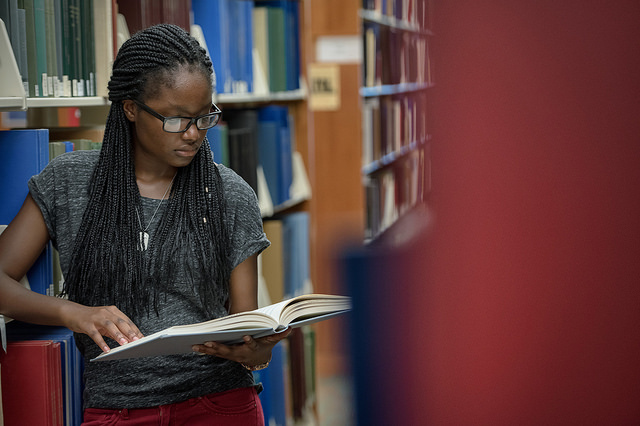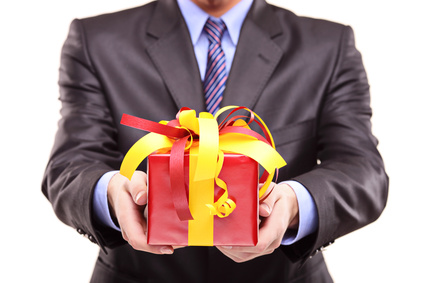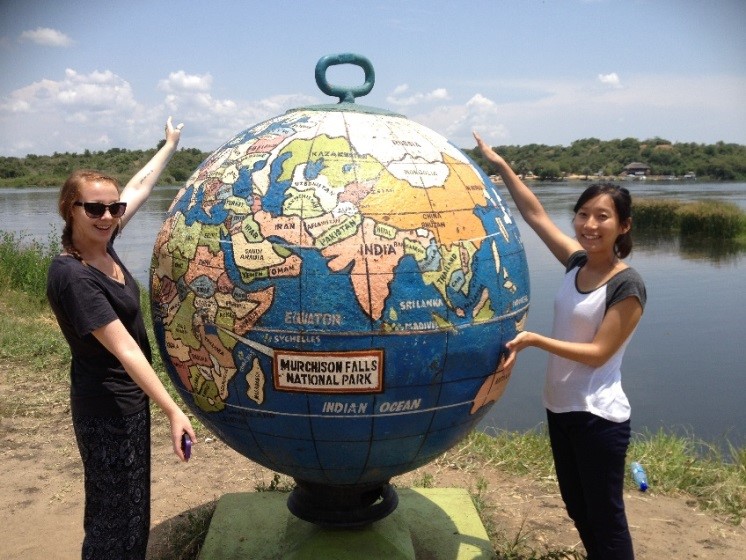As a learner and student, the question would ring up again whenever I succumb to simultaneous mind-wandering and self-reflection mode – what can I do with just a bachelor’s degree in psychology after graduation? It has been very clear that despite the popularity of the psychology major in universities, there are limited career options for holders of only an undergraduate degree in this discipline.
Gender Gap: Expectations that have not changed
By Rowena Kong
The topic of the gender gap in salary earnings and involvement in STEM (Science, Technology, Engineering, and Mathematics) occupations is one of those most talked about in the media and academic literature. We’ve seen progress over the years, but have we advanced as far as we think?
Rural-Urban Living and Depression
By Rowena Kong
When it comes to the risk of having depression, does the setting of one’s residence and community make a difference?
Building international ties to investigate the importance of social relationships and health
By Ellen Stephenson
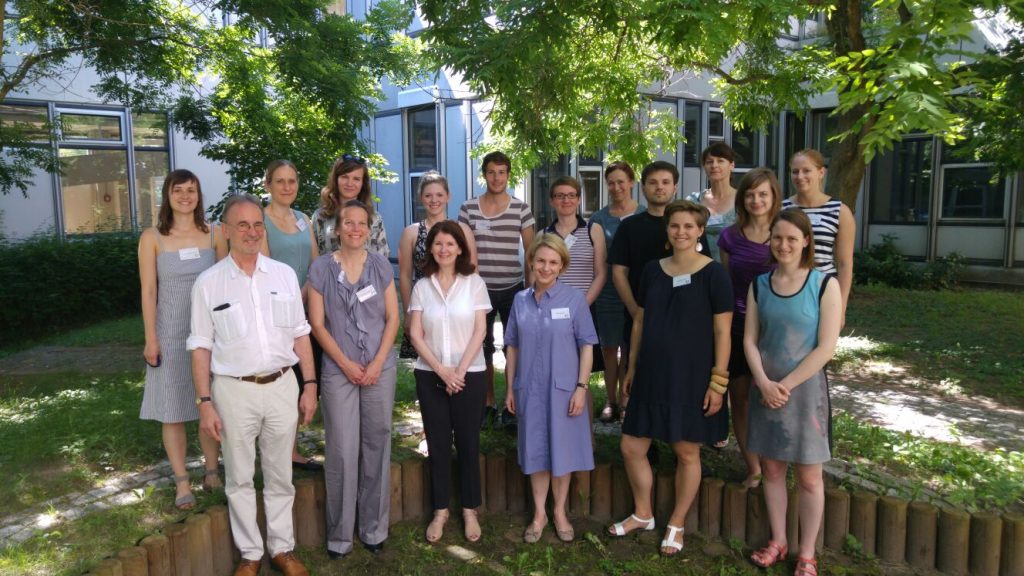
The Berlin Workshop Group
Faculty and students from the psychology department’s health area recently travelled to Berlin to establish new ties with several research teams there. At the core of the visit was a two-day workshop to explore the importance of social relationships for health outcomes across the adult lifespan. Continue reading
The Whaler’s Pole
On National Aboriginal Day we take a moment to celebrate and honour the rich contributions of Indigenous Peoples.
The Whaler’s Pole was designed and carved by the Nuu Chah Nulth artist Art Thompson (1948-2003), with the assistance of Joe David, Duane Pasco, Gene Brabant, and Glen Wood.
Constructed over two years, from 1981-1982, the pole represents the whaling tradition of the Nuh Chah Nulth peoples. Continue reading
Receive a free meal for participating in a new UBC study
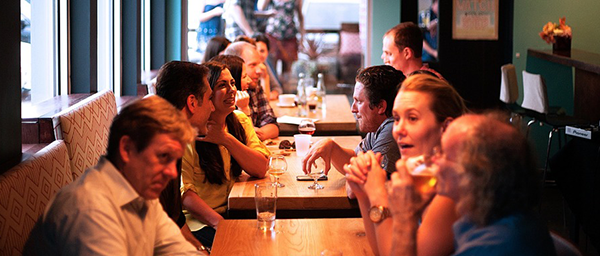 UBC Psychology’s Social Cognition and Emotion Lab is currently studying the quintessential dining experience of groups dining out together.
UBC Psychology’s Social Cognition and Emotion Lab is currently studying the quintessential dining experience of groups dining out together.
The study is recruiting participants who, in return for their time, will receive a free meal (up to $20 per person) at Calhoun’s Cafe in Kitsilano. Continue reading
Self-Affirmation and Reward Processing: An Association Waiting to be Explored Further?
By Rowena Kong
Most of us would likely remember that rewarding feeling we experience each time we receive praise from others or get to own an item on our top favourite list. Continue reading
Psych 417A: From a visitor to part of a community
By Jasmine Roh and Samantha Montgomery
WHO, WHAT, WHERE and WHY?
Having to sum up the experience of Psych 417A proves to be a difficult job as our words may not do real justice to how much we’ve actually seen, learned and experienced through the class itself and the 3-month internship. Continue reading
East Asians and Depression
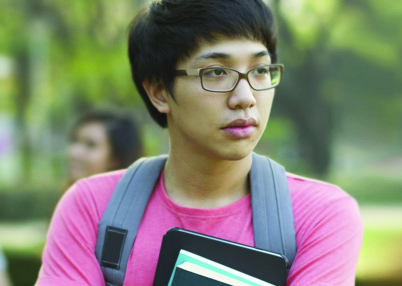
By Rowena Kong
The difference in rates of depression between East Asians and North Americans has long attracted research which led to many possible explanations for such findings. According to a summary study by Weissman et al. (1996) which analysed the rates of major depressive disorder in different countries based on community surveys,the prevalence rate of Taiwan stood low at 1.5% for every 100 people while that of Korea was a close 2.9%. Continue reading
Psych 417A Blog: Where the journey begins…
By Li (Leigh) Chu
I guess my journey started back in the November of 2014 when I finally signed up for the course “Psychology and Developing Societies” and the International Service Learning (ISL) program. Like many of my peers (or maybe you?), I was quite unsure about my future, especially in terms of how my psychology degree would play a role in my future career. Continue reading
Psych 417A Blog: 5 things gained from International Service Learning
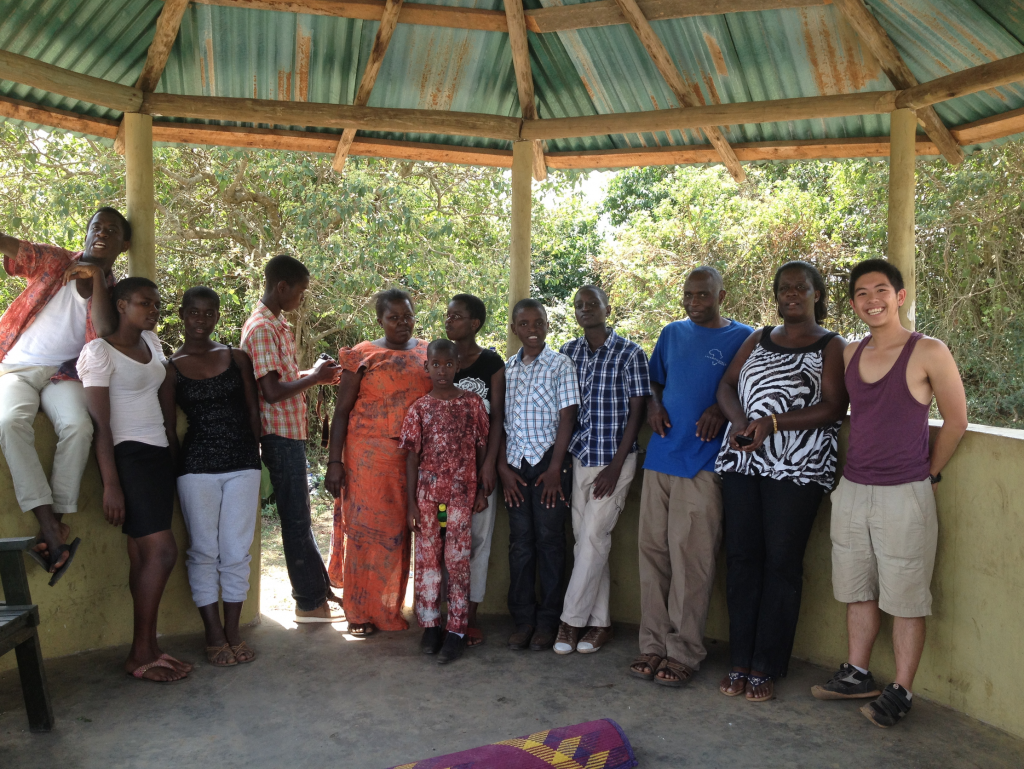
Marcus (Right) and his host family at Lake Mburu National Park of Uganda
By Marcus Jung
The greatest things in life sometimes come when it is least expected. For me, the international service learning in Uganda in the summer of 2015 was that great thing. Continue reading
Introducing a new PSYC 417A blog series!
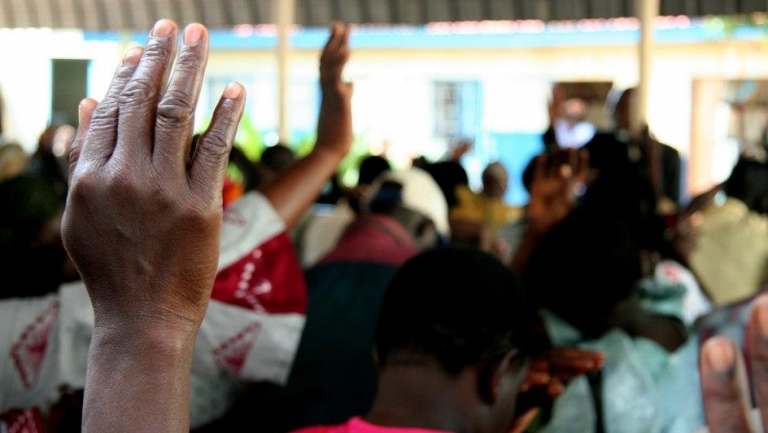
Photo credit: Dorcas Lee
By Dr. Sunaina Assanand and Benjamin Cheung
An important goal of education is the application of knowledge to social change. Typically, however, students are presented with limited opportunities to contribute to social change over the course of their education. For the past three years, UBC’s Psychology Department has offered an International Service Learning course that empowers students to act as agents of social change. Continue reading


 Follow
Follow
